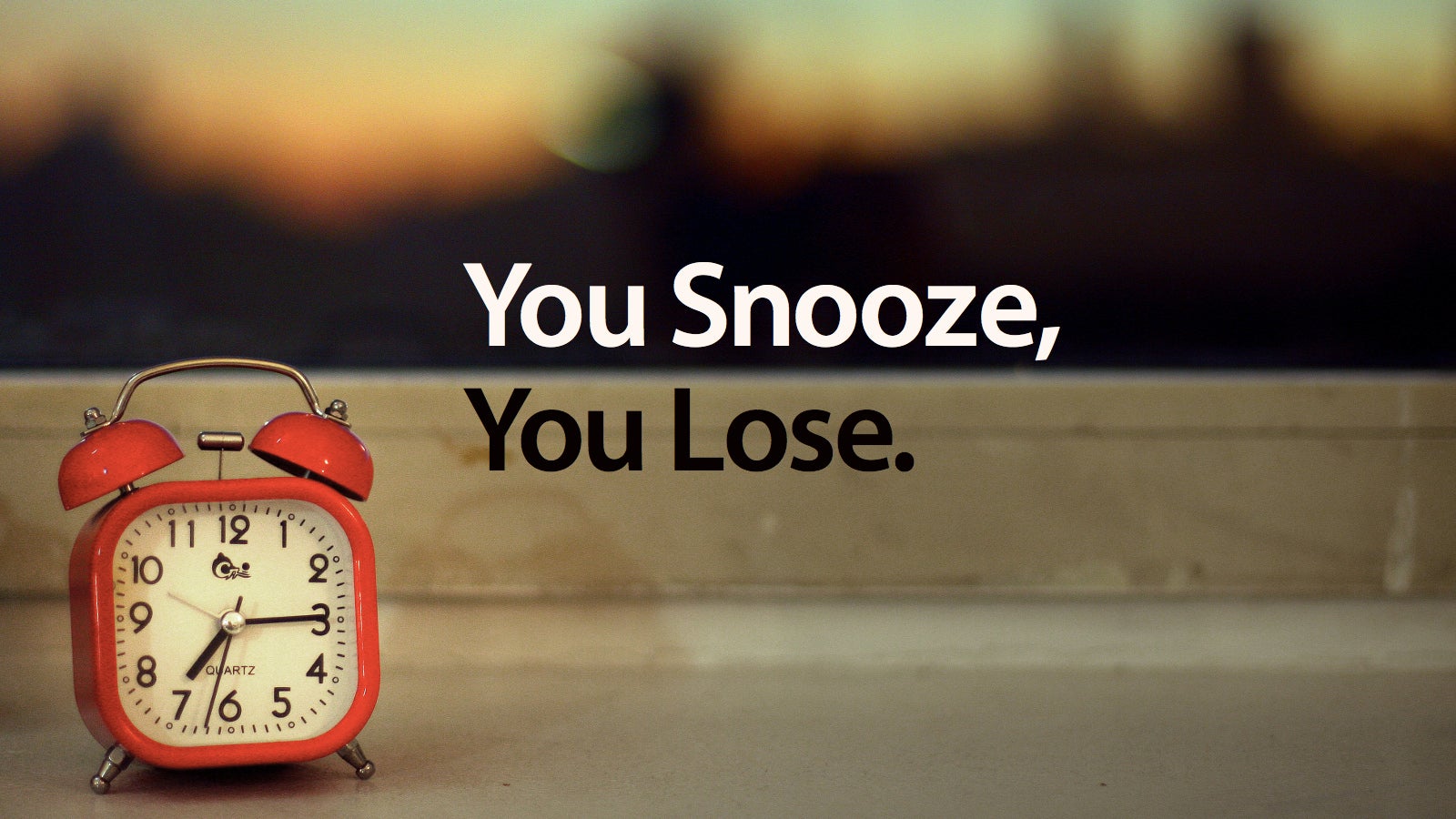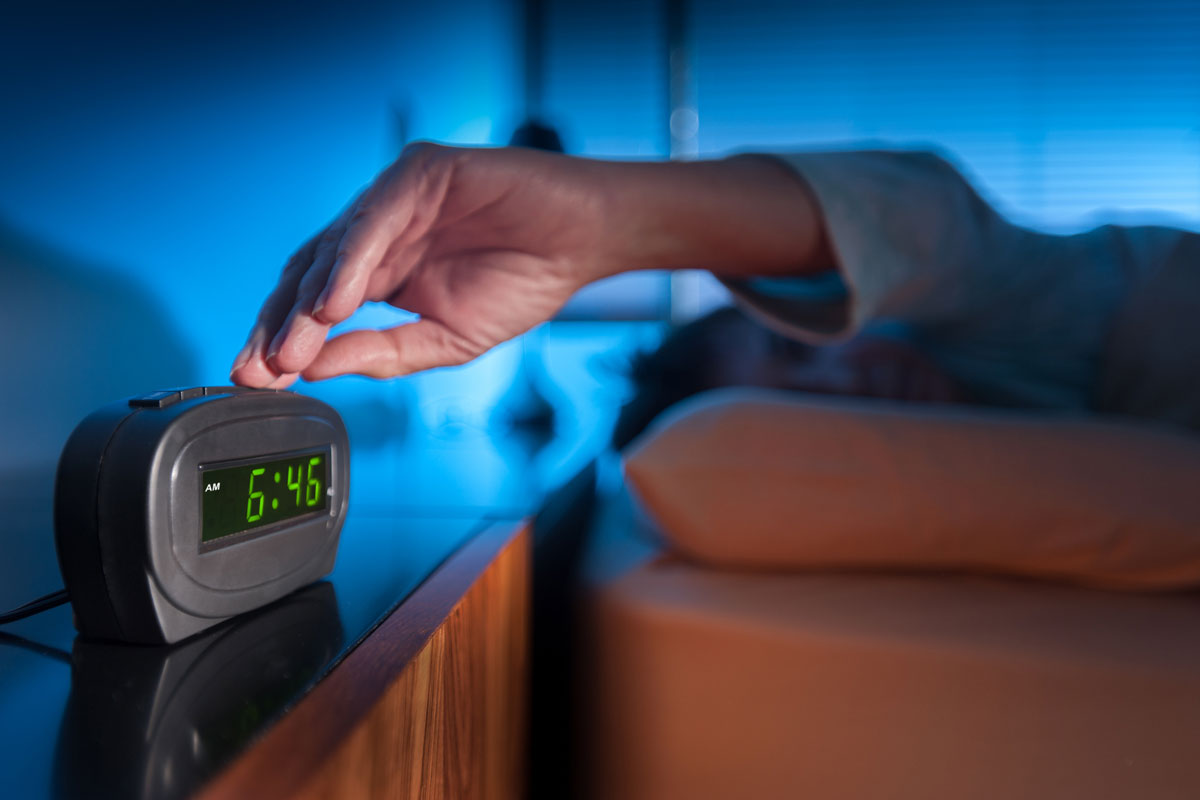Hey there sleepyhead, have you ever wondered what does snooze mean for alarm? Let’s be honest, we’ve all hit that tiny button more times than we care to admit. Snooze has become like our best friend in the mornings, but do we really know what it’s all about? Spoiler alert: it’s not just about delaying the inevitable wake-up call. Stick around, because we’re diving deep into the world of snooze buttons and uncovering some surprising facts.
If you’re anything like me, mornings can be brutal. The alarm blares, you groan, and then you reach for that magical snooze button. But have you ever stopped to think about what exactly happens when you hit snooze? Is it helping you or making things worse? In this article, we’ll break it down for you in a way that’s easy to digest, so grab your favorite morning drink and let’s get started.
Now, before we dive in, let’s set the scene. Imagine this: your alarm goes off, and you’re faced with a decision. Do you get up and conquer the day, or do you hit snooze and squeeze in a few extra minutes of shut-eye? Most of us choose the latter, but what does snooze actually mean for your alarm, and more importantly, your sleep? Let’s find out.
Read also:Did Russell Brand Date Amy Winehouse Unveiling The Truth Behind The Rumors
Understanding the Snooze Button: More Than Meets the Eye
So, what does snooze mean for alarm exactly? At its core, the snooze button is a feature designed to give you a short break from the alarm, usually around 5 to 10 minutes. It’s like a little timeout for your brain to decide whether it’s ready to wake up or not. But here’s the kicker: that extra time isn’t always as restful as you think.
When you hit snooze, your body doesn’t fully fall back into deep sleep. Instead, it enters a state of light sleep, which can make it even harder to wake up when the alarm goes off again. This cycle of waking up, dozing off, and waking up again can leave you feeling groggy and disoriented, a condition known as “sleep inertia.”
Why Do We Love Snooze So Much?
Let’s be real for a second. Snooze is addictive, and there’s a reason for that. Our brains are wired to seek comfort, and hitting snooze gives us that illusion of control. It’s like telling yourself, “Just a few more minutes, and I’ll feel better.” But guess what? Those extra minutes rarely deliver the rest we’re hoping for.
- Snooze gives us a false sense of security.
- It’s a quick fix for a deeper sleep issue.
- Many of us use it as a crutch to delay the start of our day.
But hey, don’t feel guilty about hitting snooze. It’s a common habit, and understanding why we do it is the first step toward making better choices.
The Science Behind Snooze and Sleep
Now that we’ve covered the basics, let’s dive into the science. What does snooze mean for alarm in terms of your sleep cycle? When you sleep, your body goes through different stages, from light sleep to deep sleep and REM (Rapid Eye Movement) sleep. Each stage plays a crucial role in how rested you feel when you wake up.
Read also:Courtney Taylor Porn Actress The Story Behind The Spotlight
Hitting snooze disrupts this natural cycle. Instead of waking up during a lighter stage of sleep, you might wake up during deep sleep, which can leave you feeling groggy and unrefreshed. This is why experts often recommend setting your alarm for the latest possible time you can get up and skipping the snooze altogether.
How Snooze Affects Your Sleep Quality
Here’s the thing: those extra minutes of snooze might feel good in the moment, but they can actually harm your sleep quality in the long run. Repeatedly waking up and falling back asleep can fragment your sleep, making it harder for your body to fully recharge.
- Snooze can lead to fragmented sleep patterns.
- It may increase the likelihood of sleep inertia.
- Over time, excessive snoozing can affect your overall energy levels.
So, while snooze might seem like a harmless habit, it’s worth considering how it impacts your daily routine.
Breaking the Snooze Cycle: Tips and Tricks
Ready to take control of your mornings? Here are some practical tips to help you break the snooze cycle and wake up feeling more refreshed:
1. Set a Consistent Sleep Schedule
One of the best ways to reduce your reliance on snooze is to establish a consistent sleep schedule. Go to bed and wake up at the same time every day, even on weekends. This helps regulate your body’s internal clock, making it easier to wake up naturally.
2. Create a Morning Routine
Having a morning routine can motivate you to get out of bed. Whether it’s a quick workout, a cup of coffee, or a few minutes of meditation, having something to look forward to can make waking up less daunting.
3. Place Your Alarm Across the Room
Putting your alarm clock or phone across the room forces you to get up to turn it off. This simple trick can help you avoid the temptation to hit snooze.
Understanding Sleep Inertia: The Enemy of Productivity
Sleep inertia is that groggy feeling you get when you first wake up, and it can last anywhere from a few minutes to several hours. Hitting snooze can actually make sleep inertia worse, as it disrupts your natural wake-up process. Instead of feeling refreshed, you might find yourself feeling even more tired and disoriented.
Interestingly, research shows that sleep inertia can impair cognitive performance and decision-making skills. So, if you’re hitting snooze multiple times, you might be setting yourself up for a less productive day.
How to Combat Sleep Inertia
Here are a few strategies to help you combat sleep inertia and wake up feeling more alert:
- Expose yourself to natural light as soon as you wake up.
- Drink a glass of water to hydrate your body.
- Do a few stretches or light exercises to get your blood flowing.
These simple steps can help you shake off the grogginess and start your day on the right foot.
The Psychology of Snooze: Why We Can’t Resist
There’s a fascinating psychological aspect to why we hit snooze. It’s all about delayed gratification and the desire for instant comfort. When your alarm goes off, your brain is faced with a choice: face the day or stay in the comfort of your bed. Hitting snooze gives you a brief reprieve, but it doesn’t solve the underlying issue.
Many of us use snooze as a coping mechanism for sleep deprivation. If you’re not getting enough sleep, it’s natural to want to squeeze in a few extra minutes. However, addressing the root cause of your sleep issues is the key to breaking the snooze cycle.
Is Snooze a Sign of Sleep Debt?
Sleep debt occurs when you consistently don’t get enough sleep. Over time, this can lead to a range of health issues, including fatigue, irritability, and decreased cognitive function. If you find yourself relying on snooze regularly, it might be a sign that you’re not getting enough rest.
The good news is that you can repay your sleep debt by prioritizing sleep and establishing healthy habits. It’s never too late to make a change!
The Role of Technology in Sleep
In today’s digital age, technology plays a significant role in how we sleep. From smart alarms to sleep trackers, there are countless tools designed to help us improve our sleep quality. But are these tools actually helping, or are they contributing to our reliance on snooze?
Smart alarms, for example, claim to wake you up during the optimal stage of your sleep cycle. While this sounds promising, the effectiveness of these devices is still up for debate. Ultimately, the best way to improve your sleep is to focus on creating a healthy sleep environment and sticking to a consistent routine.
Are Smart Alarms the Solution?
Smart alarms have their pros and cons. On one hand, they offer features like gradual wake-up sounds and sleep tracking. On the other hand, they can be expensive and may not work for everyone. If you’re considering investing in a smart alarm, do your research and read reviews to find the best option for your needs.
The Bottom Line: To Snooze or Not to Snooze?
So, what does snooze mean for alarm? In short, it’s a double-edged sword. While it can provide a temporary reprieve, it can also disrupt your sleep and leave you feeling groggy. The key is to use snooze mindfully and address any underlying sleep issues you might have.
By establishing a consistent sleep schedule, creating a morning routine, and prioritizing your overall well-being, you can break the snooze cycle and wake up feeling more refreshed. Remember, every small change you make today can lead to big improvements in the long run.
Final Thoughts
As we wrap up, let’s take a moment to reflect on what we’ve learned. Snooze isn’t inherently bad, but it’s important to be aware of how it affects your sleep and daily routine. If you’re ready to take control of your mornings, start by making small, sustainable changes.
And hey, don’t forget to share this article with your friends and family. Who knows? You might just help someone kick their snooze habit for good. So, what are you waiting for? Hit that share button and let’s spread the word!
Table of Contents
- Understanding the Snooze Button: More Than Meets the Eye
- The Science Behind Snooze and Sleep
- Breaking the Snooze Cycle: Tips and Tricks
- Understanding Sleep Inertia: The Enemy of Productivity
- The Psychology of Snooze: Why We Can’t Resist
- The Role of Technology in Sleep
References
For more information on sleep and alarm clocks, check out these trusted sources:


